detail profile majid majidi
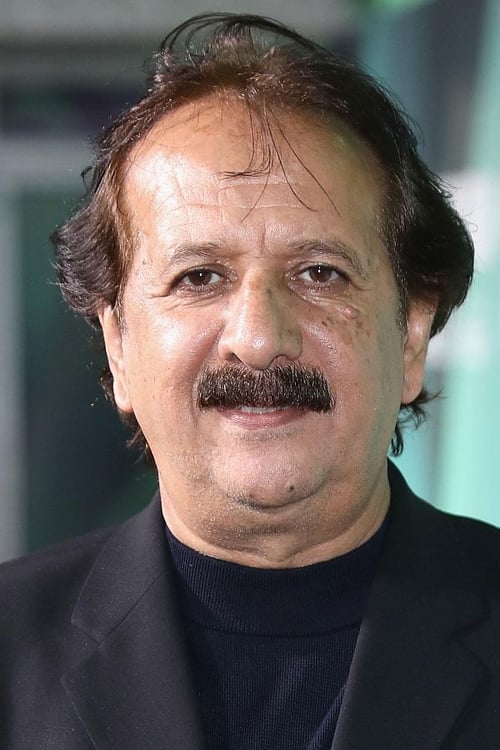
Riwayat Hidup
From Wikipedia, the free encyclopedia.
Majid Majidi (born 17 April 1959 in Tehran) is an internationally and critically acclaimed Iranian film director, film producer, and screenwriter.
Majidi's films have touched on many themes and genres and he has won many international awards.
Description above from the Wikipedia article Majid Majidi, licensed under CC-BY-SA, full list of contributors on Wikipedia.
Info Pribadi
Peran Yang Di Mainkan Majid Majidi
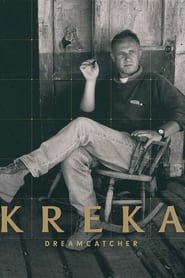 The career of the famous production...
The career of the famous production...Kreka: Dreamcatcher 2021
The career of the famous production designer Miljen Kljaković – Kreka and reveals all the beauty and importance of film scenography.
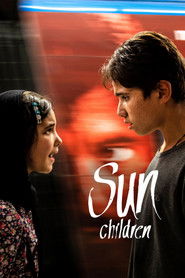 The story of 12yearold Ali and...
The story of 12yearold Ali and...Sun Children 2021
The story of 12-year-old Ali and his three friends. Together they work hard to survive and support their families, doing small jobs in a garage and committing petty crimes to make fast money. In a turn of events that seems miraculous, Ali is entrusted to find hidden treasure underground. He recruits his gang, but first, to gain access to the tunnel, the children must enroll at the Sun School, a charitable institution that tries to educate street kids and child laborers, close to where the treasure is located.
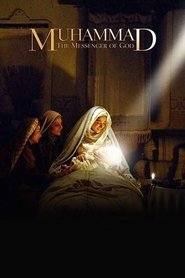 Muhammad The Messenger of God is...
Muhammad The Messenger of God is...Muhammad: The Messenger of God 2015
Muhammad: The Messenger of God is an 2015 Iranian film directed by Majid Majidi. The story revolves around the childhood of the Islamic prophet Muhammad. The film marks Iran's biggest-budget production to date and is the first part of the planned trilogy on the life of the Prophet. Barring a few scenes filmed in South Africa, the majority of the filming was done at a colossal set created in the city of Qom near Tehran. The film was officially announced in October 2011 and its filming was completed by 2013. The cinematography is done by Vittorio Storaro and film score is composed by A. R. Rahman. The film was selected for the Oscar for Best Foreign Language Film at the 88th Oscar ceremony in 2016, but was excluded from the short list.
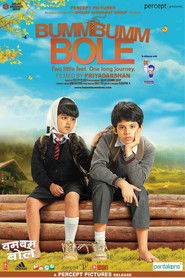 Khogiram and his wife are poor...
Khogiram and his wife are poor...Bumm Bumm Bole 2010
Khogiram and his wife are poor and can barely afford to get school uniforms and books for their children Pinaki and Rimzim. Things worsen when Pinaki misplaces Rimzim's only pair of shoes. Pinaki begs Rimzim not to tell about this to their parents and promises to fix his mistake by coming third in a marathon for which the prize is a brand new pair of sneakers.
 When an ostrichrancher focuses on replacing...
When an ostrichrancher focuses on replacing...The Song of Sparrows 2008
When an ostrich-rancher focuses on replacing his daughter's hearing aid, which breaks right before crucial exams, everything changes for a struggling rural family in Iran. Karim motorbikes into a world alien to him - incredibly hectic Tehran, where sudden opportunities for independence, thrill and challenge him. But his honor and honesty, plus traditional authority over his inventive clan, are tested, as he stumbles among vast cultural and economic gaps between his village nestled in the desert, and a throbbing international metropolis.
 Persian Carpet is an omnibus film...
Persian Carpet is an omnibus film...Persian Carpet 2007
Persian Carpet is an omnibus film produced by Iran's National Carpet Center and Farabi Cinema Foundation where 15 renowned Iranian directors contributed films on the subject of Persian carpet. Carpets are the reflection of the cultural and historical identity of Iran.
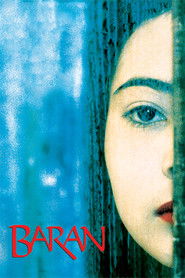 On a building site in presentday...
On a building site in presentday...Baran 2001
On a building site in present-day Tehran, Lateef, a 17-year-old Turkish worker is irresistibly drawn to Rahmat, a young Afghan worker. The revelation of Rahmat's secret changes both their lives.
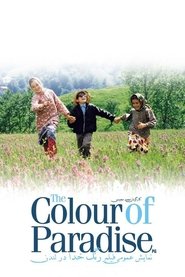 Mohammad joyfully returns to his tiny...
Mohammad joyfully returns to his tiny...The Color of Paradise 1999
Mohammad joyfully returns to his tiny village on summer vacation from the Institute for the Blind, unaware of his widowed father's intentions to disown him in order to win the hand—and dowry—of a local woman. With the wedding swiftly approaching, Mohammad's future hangs precariously in the balance as his father struggles against his destiny, unable to see the wonder of life and love that's so clear to his son.
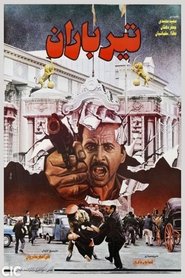 In February 1965 Seyed Ali Andarzgou along...
In February 1965 Seyed Ali Andarzgou along...Death by Shooting 1987
In February 1965, Seyed Ali Andarzgou along with several others waited in front of the parliament building to assassinate Hasan Ali Mansour. The assassination is carried out successfully, but the officers arrest and execute all the perpetrators of the assassination except Seyed Ali Andarzgou after a lot of investigation. SAVAK agents are looking for Andarzgou because they consider him to be one of the main designers of the assassination, but Seyed Ali Andarzgou continues to fight in disguise and reaches the border of arrest several times, but he is saved and every time he is forced to go with The family moves to another city or village. For the last time, SAVAK agents besieged his place of residence and Seyed Ali Andarzgou was martyred after a severe armed conflict.
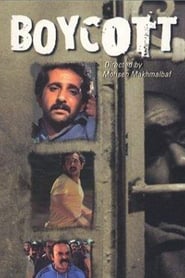 Valeh a member of a leftist...
Valeh a member of a leftist...Boycott 1986
Valeh, a member of a leftist organization, is arrested by the SAVAK and sentenced to death. In prison, he reconsiders his relationships with members of his political cell, and begins to doubt the validity of the ideas for which he is condemned. At the same time, his comrades pressure him to make a sacrifice for their cause, and his beloved wife experiences personal problems and economic hardships.
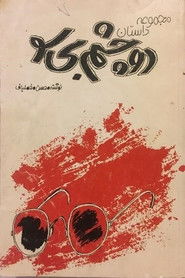 Iman wants to go and fight...
Iman wants to go and fight...Two Blind Eyes 1984
Iman wants to go and fight in the Iran-Iraq War, but he has some problems that he has to solve first. The problems consist of his daughter’s wedding and treating his blind son. He is busy trying to solve these two problems when his other son returns from the front with wounded legs. Iman forgets about going to the front and goes to several hospitals with his two sons seeking care for them. When the hospitals cannot solve his sons' problems he takes them to a holy place to be cured.
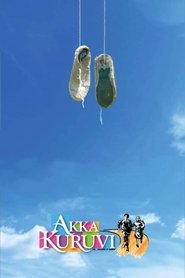 After a boy loses his sisters...
After a boy loses his sisters...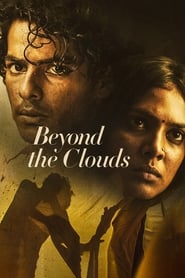 A hedonistic teenager in Mumbai is...
A hedonistic teenager in Mumbai is...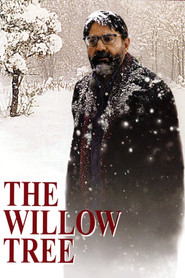 Youssef a blind university professor is...
Youssef a blind university professor is...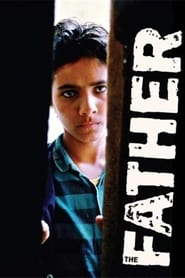 Mehrollah is a 14yearold boy who...
Mehrollah is a 14yearold boy who...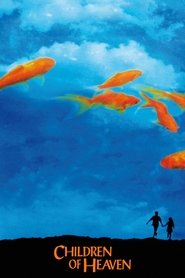 Zohres shoes are gone her older...
Zohres shoes are gone her older...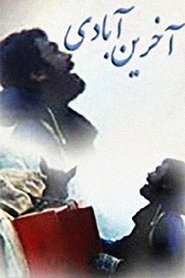 Would God answer a letter for...
Would God answer a letter for...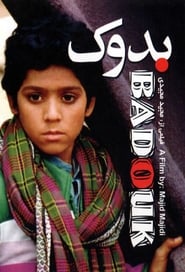 A boy and his sister are...
A boy and his sister are...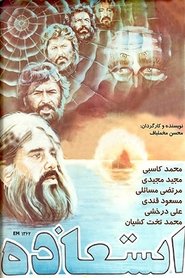 Five men escape to a remote...
Five men escape to a remote...